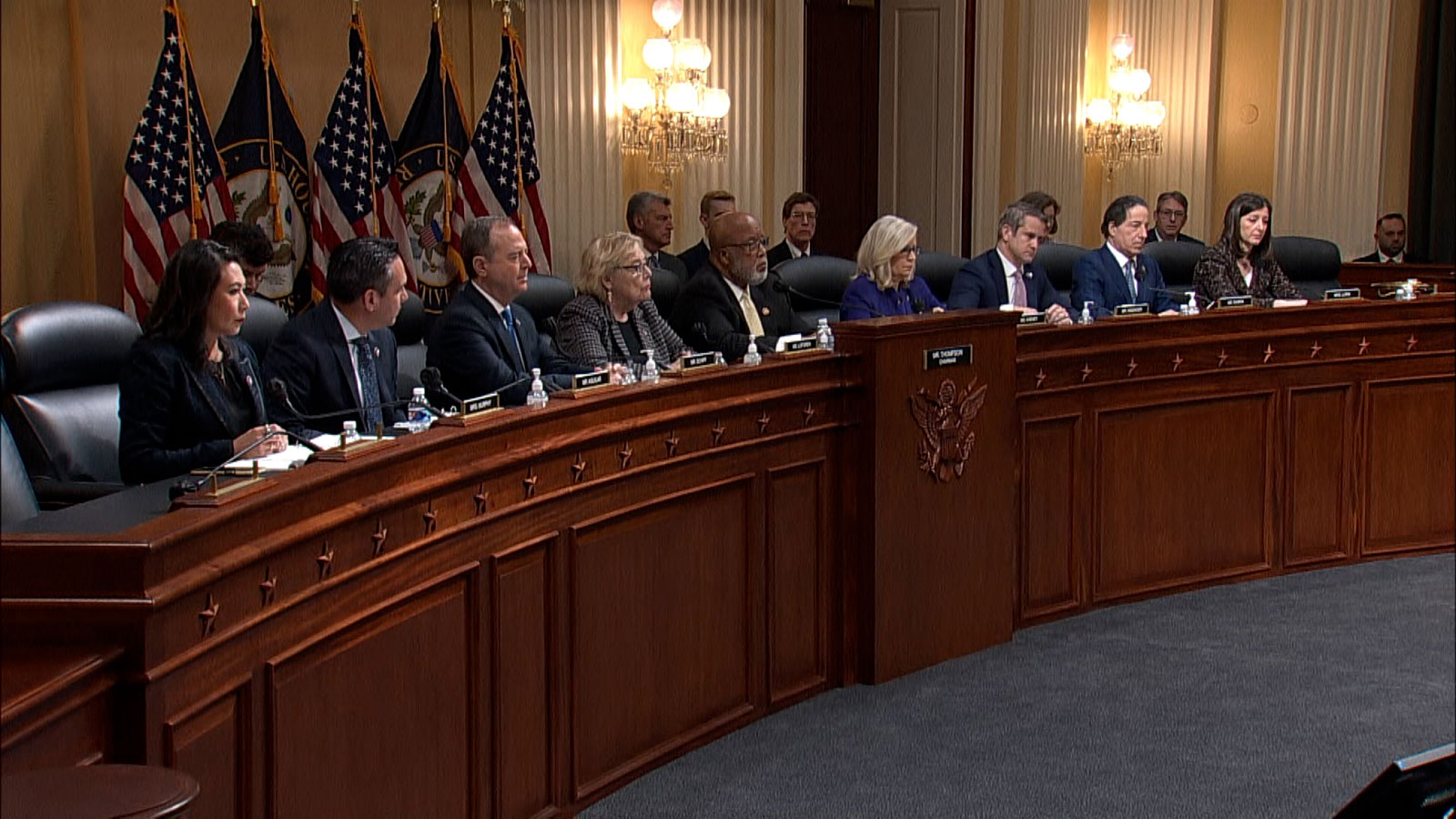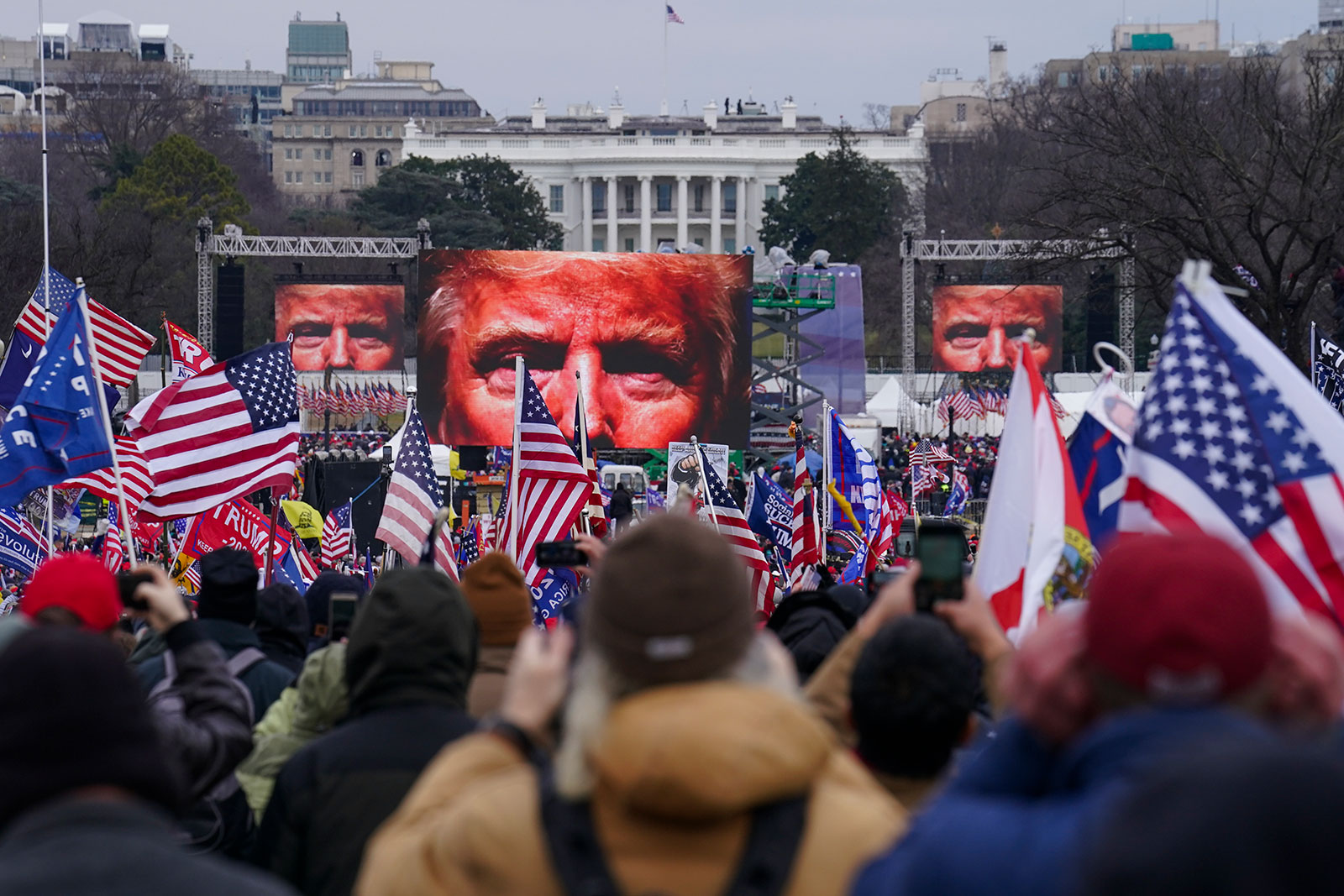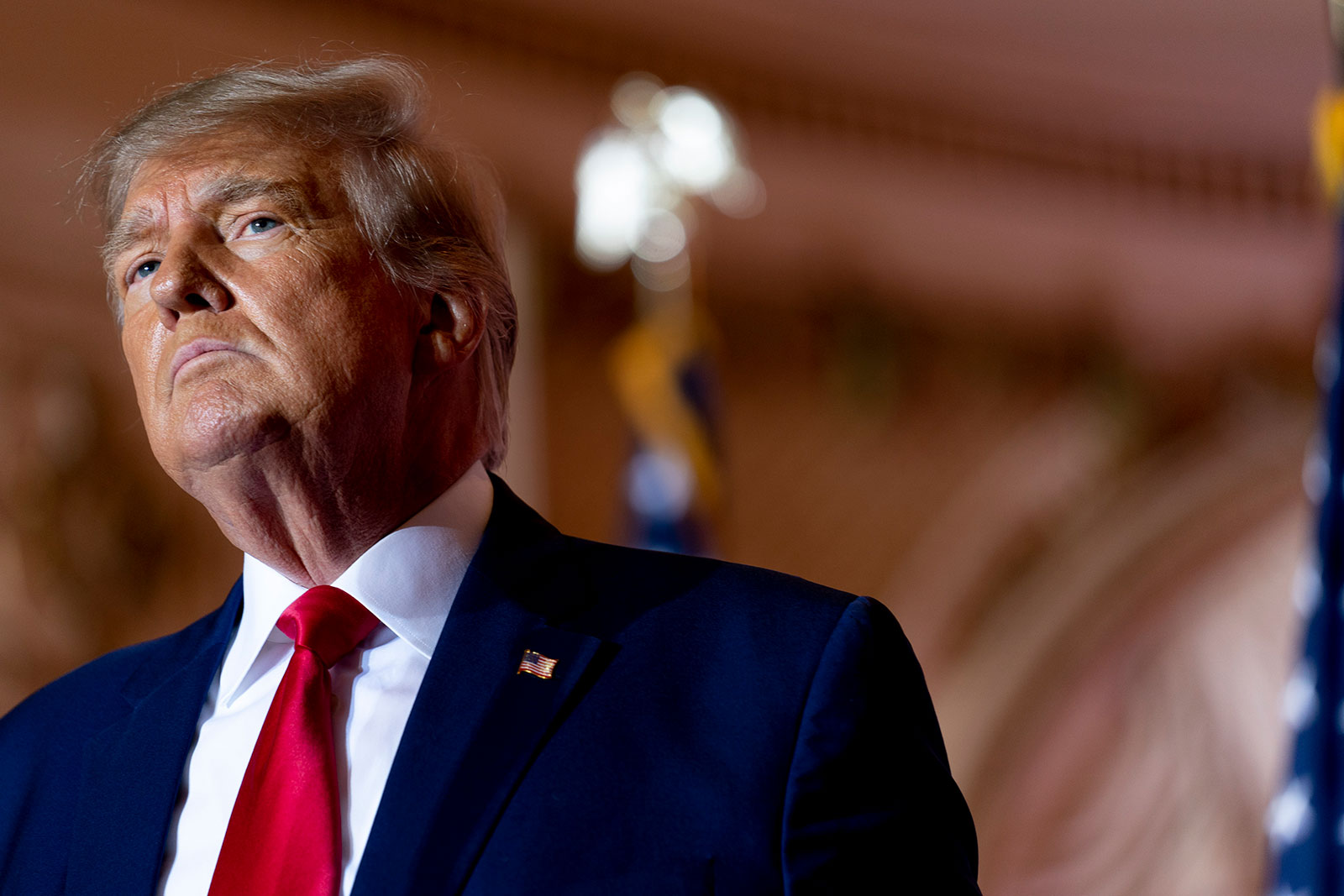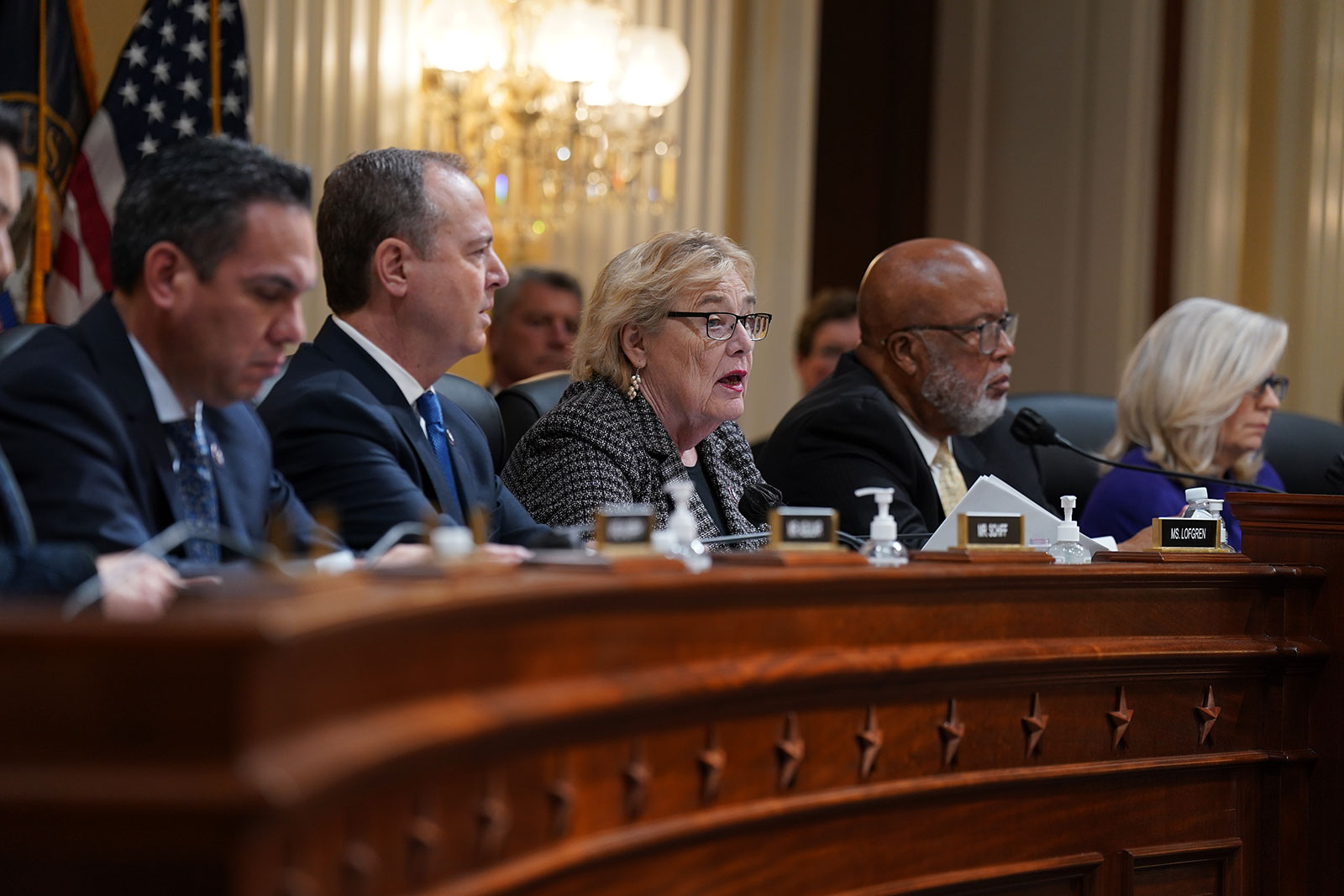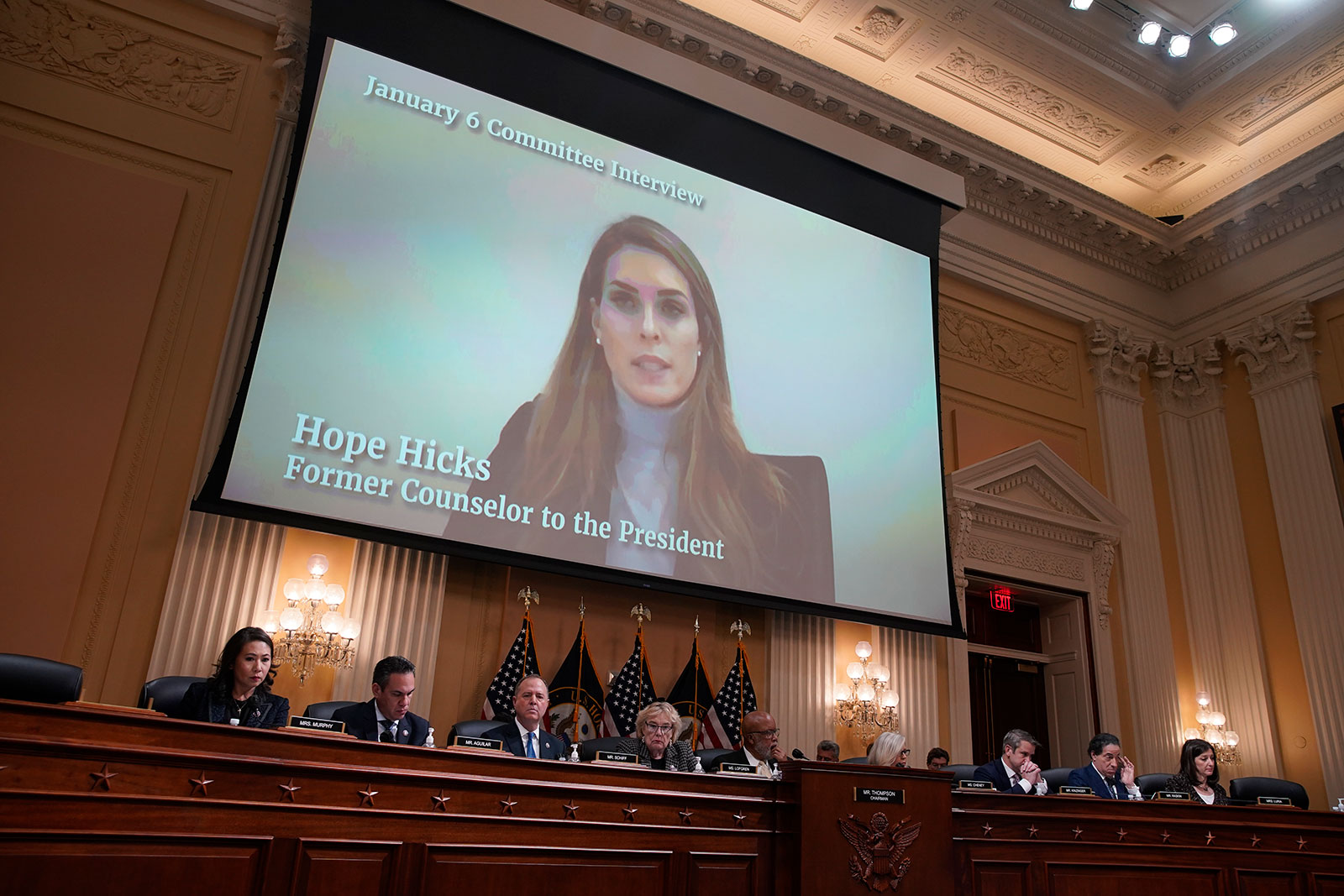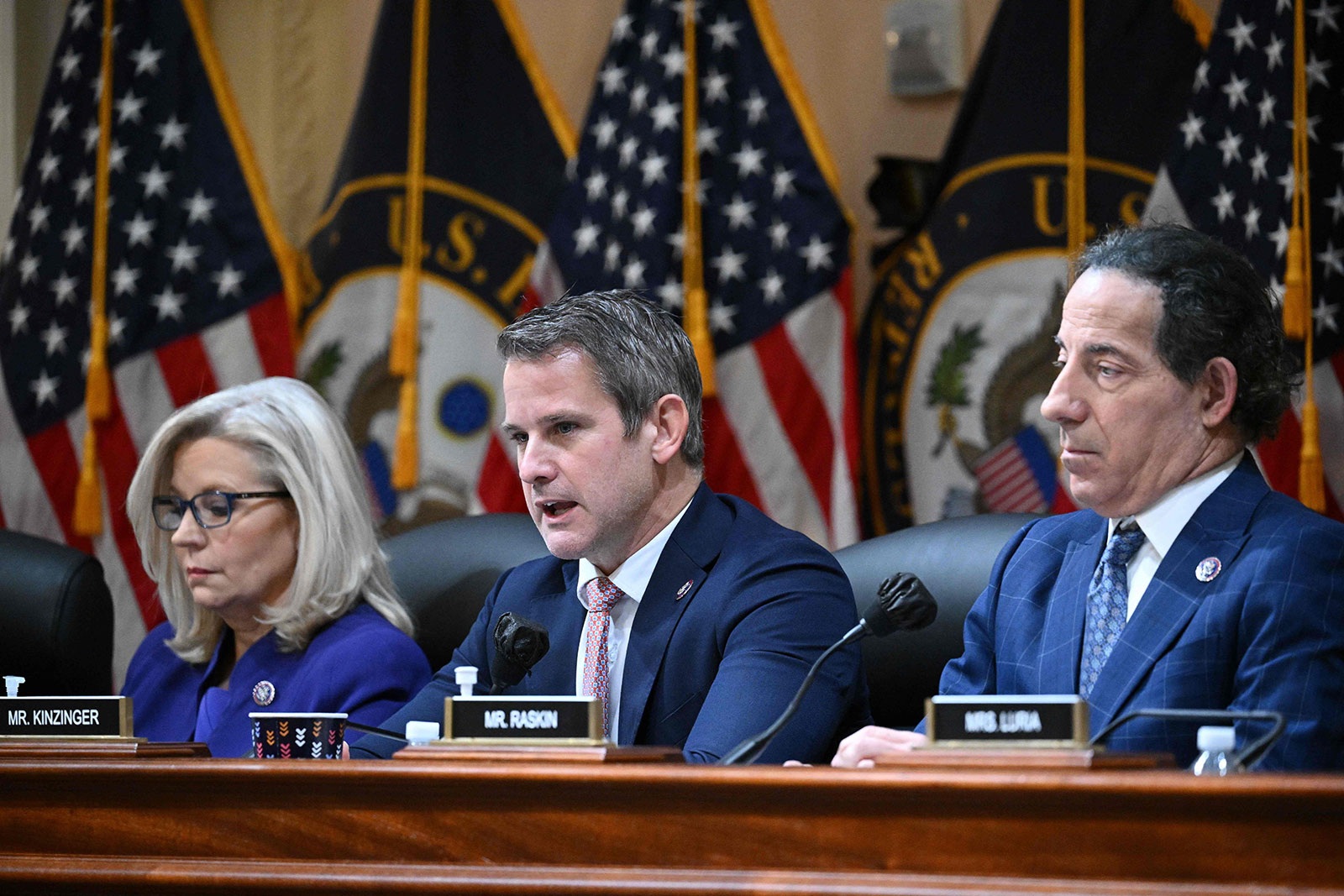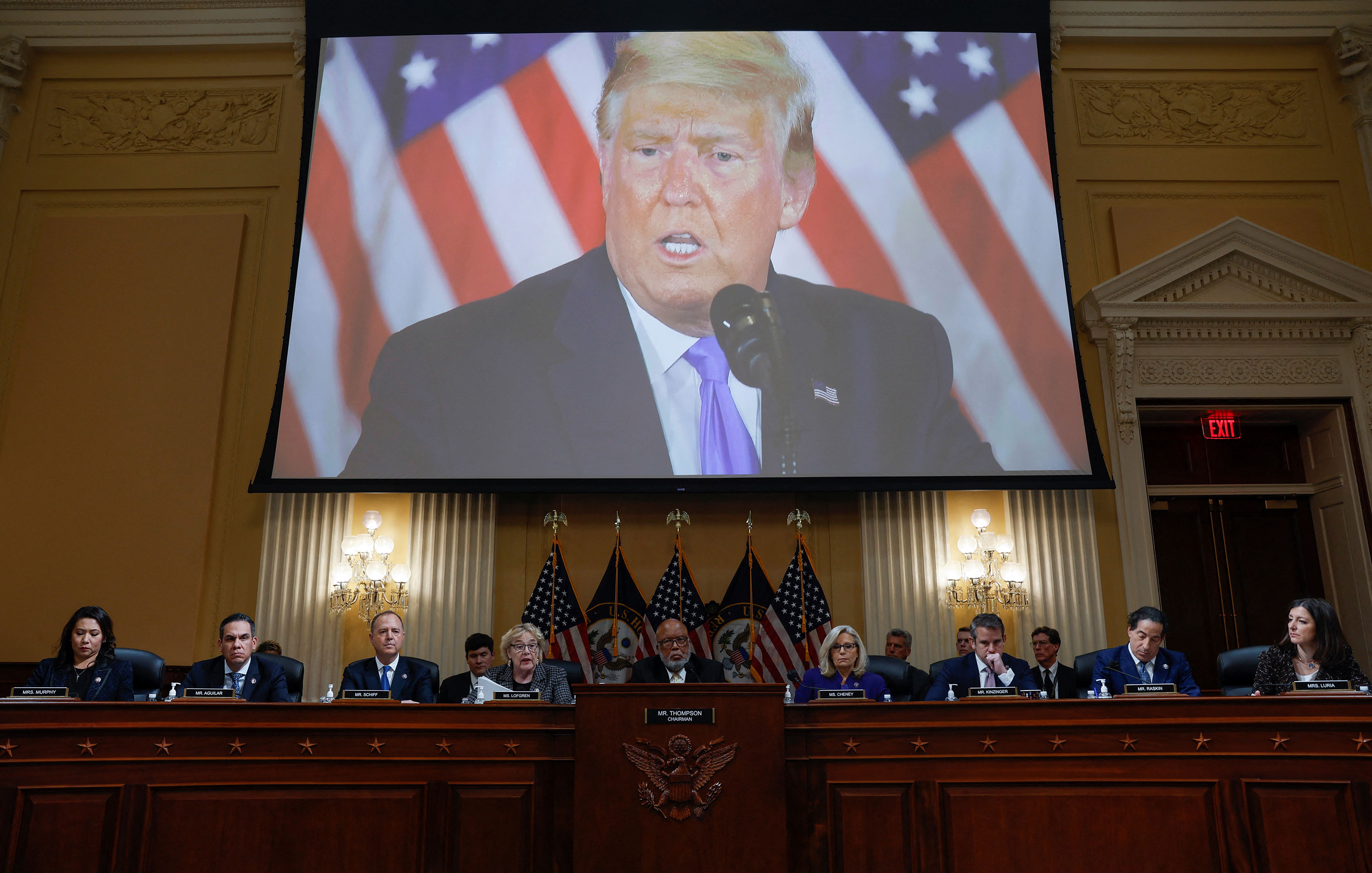The House select committee is referring four members of Congress to the House’s Ethics Committee after those members did not comply with the subpoenas from the panel.
Rep. Jamie Raskin, who announced the referrals at Monday’s public meeting, said they were being referred for “appropriate sanction by the House Ethics Committee for failure to comply with lawful subpoenas.”
An executive summary released after the meeting identifies the four Republicans as: GOP leader Kevin McCarthy and Reps. Jim Jordan of Ohio, Andy Biggs of Arizona and Scott Perry of Pennsylvania.
CNN has reached out to all four GOP members who were referred to House Ethics for defying the committee's subpoenas.
“This is just another partisan and political stunt made by a Select Committee that knowingly altered evidence, blocked minority representation on a Committee for the first time in the history of the US House of Representatives, and failed to respond to Mr. Jordan’s numerous letters and concerns surrounding the politicization and legitimacy of the Committee’s work," Russell Dye, spokesperson for Rep. Jim Jordan, told CNN.
